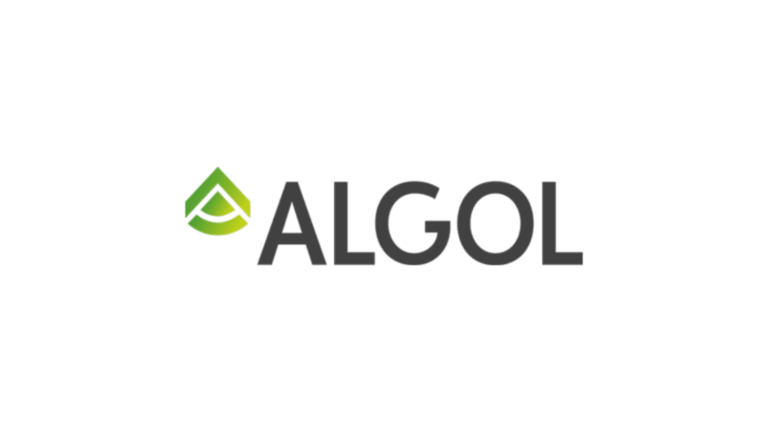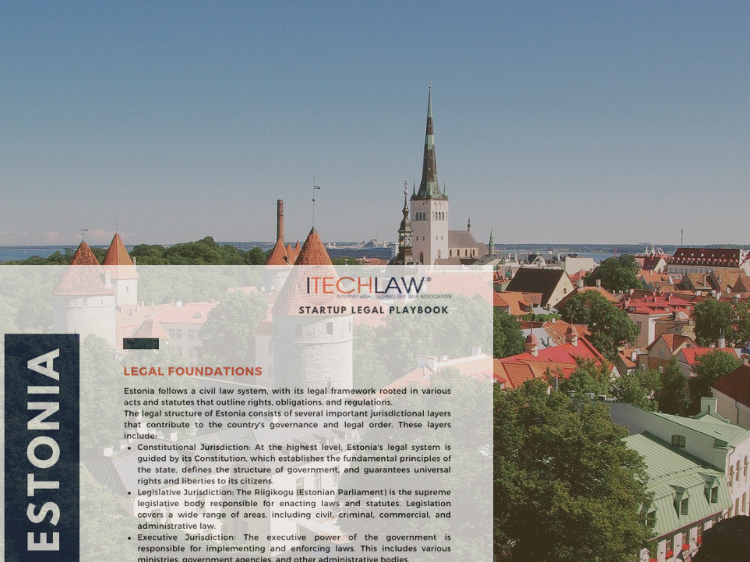
ESG principles describe the actions and performance of companies in terms of their responsibility related to the environment, society, governance, and fiscal matters. The European Union has promoted ESG principles through the Corporate Sustainability Reporting Directive (CSRD), which came into force in 2023.
In order to continue providing services as part of a supply chain to companies that are subject to reporting obligations, also small and medium-sized enterprises (SMEs) need to be aware of the ESG obligations imposed by the aforementioned new EU legislation. In addition, an SME may be required to report its sustainability-related data for example, to banks, investors or business partners upon their request. Because of this, although the CSRD applies in its first phase in 2025 reporting (on 2024 impacts and measures) to large, listed companies as well as companies employing more than 500 people, SMEs must also ensure that they are now capable to comply with the obligations imposed by the CSRD as part of the supply chain.
As part of their preparation and reporting capacity, large companies’ sustainability reporting requirements for SMEs call for resources and know-how, including consistent processes, the collection, analysis and management of reliable sustainability data, and the use of this data as part of SMEs’ own business sustainability work. These comprehensive efforts demanded from SMEs on sustainability matters and reporting, requires willingness for discussion and effective communication between SMEs and large companies.
SMEs’ sustainability efforts have a significant impact on their opportunities to be a part of supply chains, to secure loans, investments and clients and to compete in tenders, among other things. It will also help SMEs to manage risk, develop and structure the whole value chain of those involved in the business, and increase both customer and employee satisfaction, while building a good reputation for the SME.
In addition to mandatory sustainability regulation, SMEs can commit to voluntary sustainability initiatives such as the UN Global Compact, the 2030 Agenda for Sustainable Development: The Sustainable Development Goals (SDGs) and the Science Based Targets initiative (SBTi). In addition to sustainability commitments, certificates such as ISO standards are a way of demonstrating that an SME takes account of the environment and occupational safety. Such commitments allow SMEs to demonstrate to their stakeholders that ESG objectives have been met. However, even more important than these initiatives is the continuous and systematic guidance and monitoring of the company’s own activities. Well-managed and implemented sustainability work throughout the supply chains may in the future lead to a national or international sustainability initiative within the company, or to obtaining and maintaining a sustainability label. Therefore, through sustainability regulation and voluntary commitments by SMEs, SMEs will increasingly need to take account of sustainability matters in all aspects of their business. An example of this is the inclusion of ESG considerations in the contracts of companies, including those of SMEs.
Integrating ESG principles into contracts
Taking sustainability into account helps to build trust among investors, clients and business partners. Additionally, the number of ESG-related considerations has increased significantly in public sector procurement, and tenders often include the requirement for compliance with ESG obligations. Practical efforts related to sustainability require company’s management to first consider how, in practice, sustainability should be taken into account at the core of the business, and to which aspects of it the company can commit.
Once the first stage review of ESG principles has been made, sustainability considerations can be integrated into practical agreements, or for example to a Code of Conduct document to ensure that internal and external stakeholders are also committed to the ESG standards set by the company. In some cases, it may not even be necessary to include ESG principles in contracts, as ESG obligations in Finland are already quite comprehensively regulated by law, meaning that companies often simply need to comply with the law to fulfil such obligations. In any case, compliance with ESG principles is recommended to be checked both in internal contracts, such as shareholder agreements and employment contracts, and in external contracts, such as collaborative agreements and supply agreements.
Internal company objectives relating to ESG can be included in shareholders’ agreements, among other things. The company’s articles of association may include sustainability-related clauses, such as targets for management and/or shareholders to promote socially beneficial environmental impacts in the operations and decision-making of the company. An ESG targets can also be implemented effectively through a bonus system linked to ESG or sustainability goals. Similarly, the diversity and independence of management, as well as the sustainability of the company’s operations can also be guaranteed by these arrangements.
From the perspective of employers’ obligations, the social responsibility aspect of ESG is at the core. Compliance with labour law and potentially binding collective agreements, as well as mandatory safety obligations is the starting point for compliance with ESG obligations. The CSRD sets requirements for, among other things, to respect equality, diversity, non- discrimination, accessibility and human rights. It should be noted that the ESG data must also cover the company’s impact on people.
The companies may not be able to influence the activities of other parties, such as business partners, afterwards, which is why it may be easier to integrate sustainability considerations into the cooperation through prior agreements or pre-selection of with whom to cooperate. In practice, often the agreements are designed to primarily protect a company’s own interests, but at the same time they may impose sustainability-related conditions on the activities of the business partners. As a principle, the more precisely the terms and expectations of responsible business conduct are agreed between parties, the easier it will be to ensure and monitor compliance with ESG principles later on. The Agreements may include expectations regarding the level of certain ESG standards, reporting or monitoring, as well as grounds for termination of agreements for non-compliance with such agreed sustainability requirements.
ESG- related contract clauses can also be included in preambles to the agreements, for example, in order to commit the parties to reducing greenhouse gas emissions or to set common standards related to natural resources, raw materials, biodiversity or waste management. However, it should be kept in mind that the agreements should be tailored to the specific ESG-related risks of the collaboration between the parties. In addition, it is advisable to clarify to the contracting parties the main ESG risks related to business activity and, if possible, to guide the business partner or even their relevant staff on the agreed upon sustainable practices. In addition, in order to keep track of ESG risks of the business activities and to prevent such, the agreements should be regularly updated.
Magnusson’s ESG and Sustainability team
Magnusson acts as a strategic partner on corporate responsibility and sustainability issues. Magnusson’s ESG and Sustainability team helps companies in various industries to manage risks and to understand the legal and regulatory landscape related to sustainability. Magnusson helps their clients to implement ESG practices in different areas of their business and to anticipate the related legal implications. This includes stakeholder agreements, employment law, mergers and acquisitions, dispute resolution, and regulatory and compliance issues.
Magnusson
Magnusson, an international law firm, offers a comprehensive range of legal services to cover all the practice areas required in relation to business law. Magnusson has offices in six countries in the Baltic Sea region (Finland, Sweden, Denmark, Estonia, Latvia, and Lithuania) and an extensive international network of law firms. Magnusson specialises in many legal areas, including, mergers and acquisitions, employment law, contract law, international trade, technology and IPR, real estate and construction law, ESG and Sustainability, insolvency law, dispute resolution and arbitration.
Magnusson’s clients are international and local companies of all sizes and are top players in their respective fields. At Magnusson, specialists are focused on creating extra value, helping their clients to thrive and grow.
Contact

Anu Vuori
Partner / Head of Employment
Employment, Dispute Resolution, ESG and Sustainability, Insurance and financial services, Media, Sports and Entertainment
Send me an email +358 40 147 9586
Ella Keränen
Associate
Dispute Resolution, Corporate and M&A, ESG and Sustainability, Intellectual Property, Tax
Send me an email +358 40 184 4177









